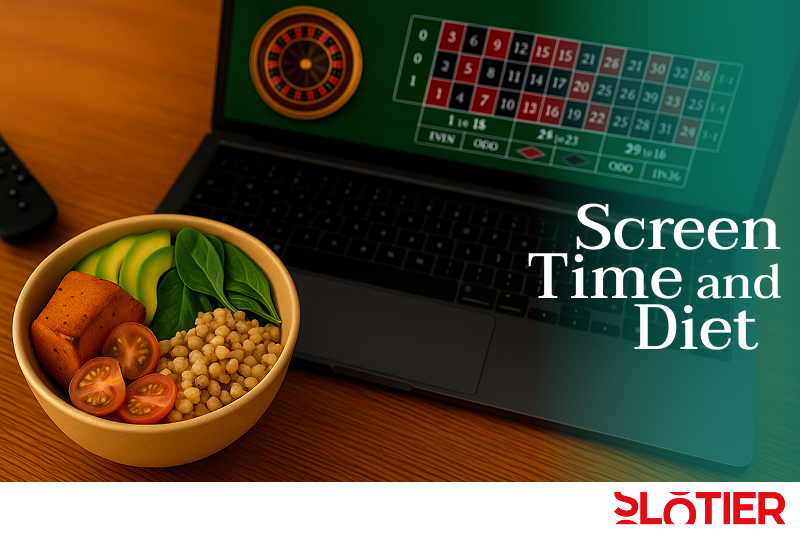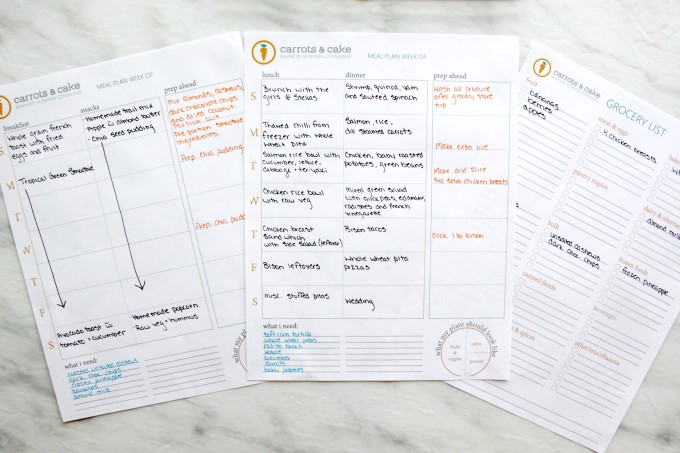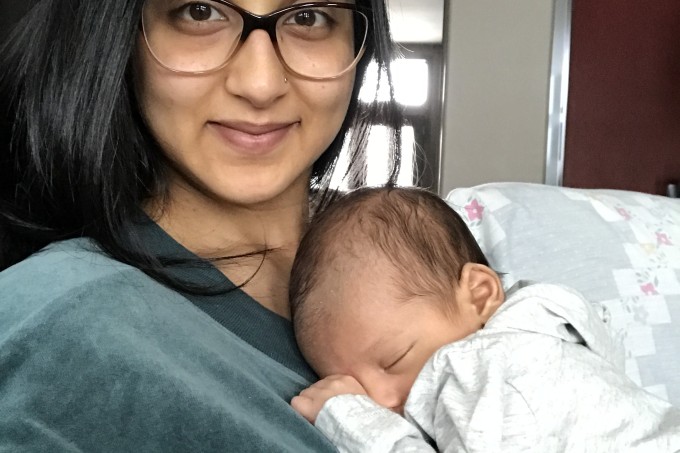How What We Eat Affects Focus in a Screen-Filled World

We live surrounded by screens — phones, laptops, notifications, tabs open everywhere. With so much going on, it's no wonder that staying focused feels harder than ever. But one thing people often overlook in this mess of distraction is food. Yes, food. What’s on your plate can seriously impact what’s happening in your head.
Feeding the Brain — Literally
The brain is a hungry organ. It doesn’t run on nothing — it runs on glucose. That’s the kind of sugar our body turns food into. But not all sugar hits the same. A donut or a sweet coffee might give a fast burst of energy, but just as quickly, you crash. Mood drops, focus slips, and suddenly, everything feels harder.
What works better? Meals that don’t spike and dip. Think: whole grains, healthy fats, protein. Add in some B vitamins, omega-3s, and magnesium — all of which help your brain fire on all cylinders. Especially when you're juggling a screen, a to-do list, and the endless buzz of the digital world.
Fast Screens, Fast Brain: When Everything Moves Too Quickly
A lot of what we consume online moves fast. Games, feeds, ads — everything’s designed to grab attention in seconds. It works… at first. The brain lights up, dopamine flows, and we stay hooked. But keep that going for hours, and the mind gets tired — jumpy, unfocused, drained.
Some digital platforms try to do things differently. Slotier, a Canadian online casino, has taken a softer approach. The layout is calmer, the design isn’t shouting at you, bonus and Slotier casino promotions don’t pop up like fireworks. You choose when and how to engage — which makes it easier to feel in control, not hijacked.
Eating Without Mental Presence

Be honest — how often do you scroll while eating? Most of us do. But when your brain is watching a screen, it’s not listening to your stomach. You miss the “I’m full” signal or don’t even taste the food. Do that enough, and weird eating habits creep in — overeating, undereating, always feeling kind of off.
That’s why some platforms, like Slotier, are better suited for “background play” — they’re designed not to steal all your attention. So if you’re playing during a break or with a snack nearby, you can still stay connected to how you feel physically.
Screens at Night: How They Mess with Sleep
We all know it: screens before bed aren’t great. The light messes with melatonin, the brain’s way of telling you it’s time to rest. And if you’re playing games or watching intense videos late, your system doesn’t wind down. You might fall asleep later, sleep lighter, and wake up foggy.
Some sites are catching on. Slotier, for example, has built-in reminders and session limits. Not in-your-face ones — just gentle nudges that help you log off before you overdo it. It’s not about quitting screens altogether, just knowing when enough is enough.
Habits that Actually Help You Focus
Staying focused isn’t about willpower. It’s about the habits that set your brain up to do its job. Eating real meals. Sleeping enough. Choosing digital spaces that respect your time instead of devouring it.
That’s why platforms that let you set your own rhythm, like Slotier, matter. No flashing ads, no autoplay chaos — just a digital place that fits into your day, not the other way around.
Final Thoughts
We’re all juggling more than ever — and our attention pays the price. But with small, steady choices — eating better, sleeping more, and being picky about where we spend screen time — we can protect our focus.
And when it comes to online entertainment, it’s not about avoiding it completely. It’s about choosing better. Slotier shows that even in a fast digital world, there’s space for slower, quieter experiences — ones that don’t demand your full brain, but still give you something back.





